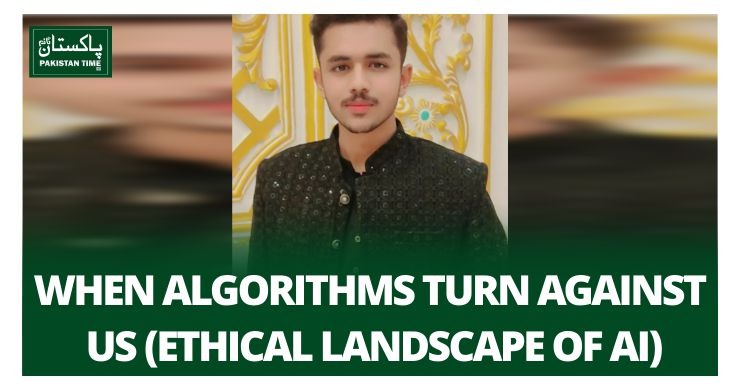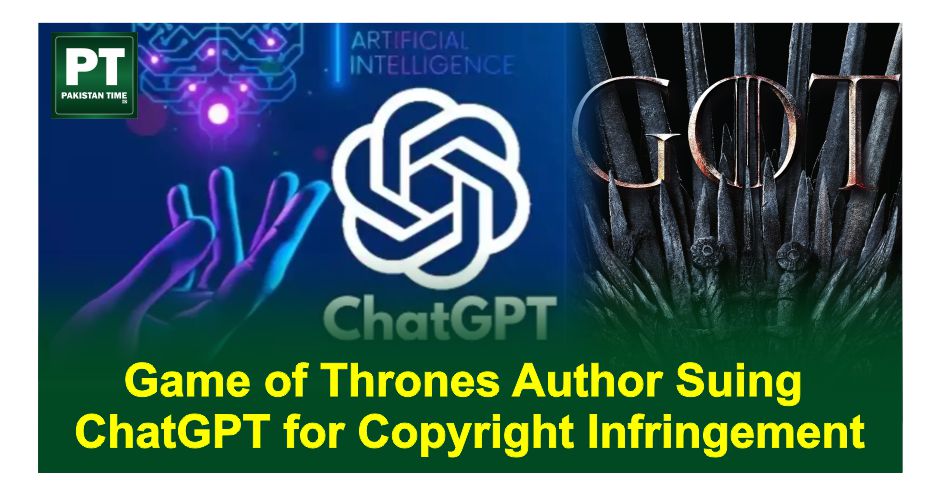Game of Thrones Author Suing ChatGPT for Copyright Infringement
George R.R. Martin, the author of the popular fantasy novel series A Song of Ice and Fire, is planning to sue ChatGPT, a generative AI chatbot, for “systematic theft.” Martin alleges that ChatGPT’s developers, OpenAI, used his copyrighted work to train their AI model without his permission.
Martin’s lawsuit is the latest in a growing number of cases involving AI and copyright. As AI becomes more sophisticated and capable of producing creative works, it raises new questions about ownership and intellectual property.
In Martin’s case, he alleges that OpenAI used his books to train ChatGPT to generate text that is similar in style and content to his own work. He also alleges that ChatGPT has been used to create unauthorized spin-offs and sequels to A Song of Ice and Fire.
OpenAI has denied Martin’s allegations, saying that ChatGPT was trained on a massive dataset of text and code that does not include any copyrighted works. The company has also said that it has taken steps to prevent ChatGPT from generating text that is infringing on copyright.
The outcome of Martin’s lawsuit could have a significant impact on the future of AI and copyright. If Martin is successful, it could make it more difficult for AI companies to develop and deploy generative AI models without first obtaining permission from copyright holders.
What Martin’s Lawsuit Means for AI and Copyright
Martin’s lawsuit raises a number of important questions about AI and copyright. One question is whether or not AI models can be considered copyright infringement. Under current copyright law, copyright protects original works of authorship that are fixed in a tangible medium of expression. This means that copyright protects books, movies, music, and other creative works that have been written down, recorded, or otherwise fixed in a physical format.
AI models, on the other hand, are not fixed in a tangible medium of expression. They are algorithms that can be used to generate new text, code, and other creative works. This means that it is not entirely clear whether or not AI models can be considered copyright infringement.
Another question raised by Martin’s lawsuit is whether or not AI companies need to obtain permission from copyright holders before using their work to train their AI models. Under current copyright law, there is a fair use doctrine that allows for the limited use of copyrighted material without permission from the copyright holder. Fair use is typically used for purposes such as criticism, commentary, news reporting, teaching, scholarship, and research.
It is not clear whether or not the fair use doctrine would apply to AI companies that use copyrighted material to train their AI models. This is a question that is likely to be decided by the courts in the coming years.
The outcome of Martin’s lawsuit could have a significant impact on the future of AI and copyright. If Martin is successful, it could make it more difficult for AI companies to develop and deploy generative AI models without first obtaining permission from copyright holders. This could slow down the development of AI technology and have a negative impact on the innovation economy.
On the other hand, if OpenAI is successful, it could mean that AI companies are free to use copyrighted material to train their AI models without permission from the copyright holders. This could lead to the development of more powerful and sophisticated AI models, but it could also lead to copyright infringement and other problems.
The outcome of Martin’s lawsuit is still pending, but it is a case that is worth watching closely. It could have a significant impact on the future of AI and copyright.
Latest News
- Pakistan Navy’s SSG commando recovered the body of a drowned tourist

- WHEN ALGORITHMS TURN AGAINST US(ETHICAL LANDSCAPE OF AI)

- The outstanding services of the Christian Community in the fields of development, education and health

- USD to PKR Today – US Dollar to Pakistani Rupee Today 18 March, 2024

- Gold Rate in Pakistan Today – 18 March, 2024

- CAD to PKR Today – Canadian Dollar to Pakistani Rupee Today 18 March, 2024








